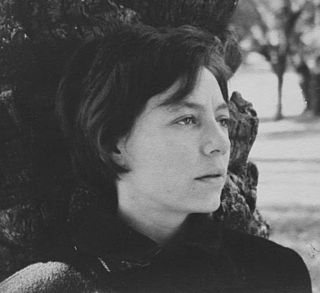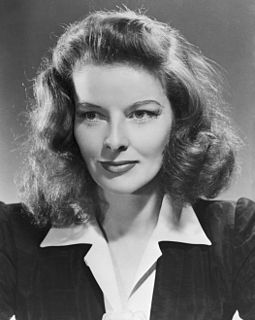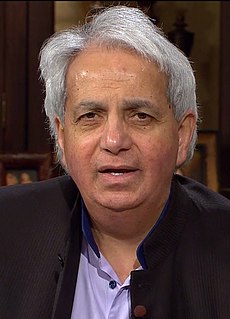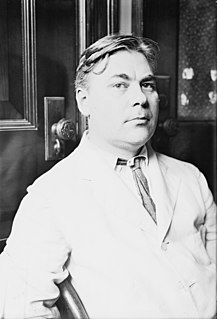A Quote by Franz Kafka
It would have been so pointless to kill himself that, even if he had wanted to, the pointlessness would have made him unable.
Related Quotes
An unchangeable colour rules over the melancholic: his dwelling is a space the colour of mourning. Nothing happens in it. No one intrudes. It is a bare stage where the inert I is assisted by the I suffering from that inertia. The latter wishes to free the former, but all efforts fail, as Theseus would have failed had he been not only himself but also the Minotaur; to kill him then, he would have had to kill himself
It would perhaps not be amiss to point out that he had always tried to be a good dog. He had tried to do all the things his MAN and his WOMAN, and most of all his BOY, had asked or expected of him. He would have died for them, if that had been required. He had never wanted to kill anybody. He had been struck by something, possibly destiny, or fate, or only a degenerative nerve disease called rabies. Free will was not a factor.
He was about to go home, about to return to the place where he had had a family. It was in Godric’s Hollow that, but for Voldemort, he would have grown up and spent every school holiday. He could have invited friends to his house. . . . He might even have had brothers and sisters. . . . It would have been his mother who had made his seventeenth birthday cake. The life he had lost had hardly ever seemed so real to him as at this moment, when he knew he was about to see the place where it had been taken from him.
God created man and He created the world for him to live in and I reckon He created the kind of world He would have wanted to live in if He had been a man--the ground to walk on, the big woods, the trees and the water, and the game to live in it. And maybe He didn't put the desire to hunt and kill game in man but I reckon He knew it was going to be there, that man was going to teach it to himself, since he wasn't quite God himself yet.
He was in a room of the Gesshuuji, which he had thought it would be impossible to visit. The approach of death had made the visit easy, had unloosed the weight that held him in the depths of being. It was even a comfort to think, from the light repose the struggle up the hill had brought him, that Kiyoaki, struggling against illness up that same road, had been given wings to soar with by the denial that awaited him.
If man had written the Gospels - say Shakespeare or Eugene O'Neill - the story of the gospel would have been drastically different. They would have placed the prince in halls and palaces and had him walking among the great. They would have had him surrounded by the important and significant of the time. Potentates and kings would have been His companions. But how sweetly common was the real God-man; though He had inhabited all eternity, He had come down and was subject to the rising and the setting of the sun.
He was prepared to die for it, as one of Baudelaire's dandies might have been prepared to kill himself in order to preserve himself in the condition of a work of art, for he wanted to make this experience a masterpiece of experience which absolutely transcended the everyday. And this would annihilate the effects of the cruel drug, boredom, to which he was addicted although, perhaps, the element of boredom which is implicit in an affair so isolated from the real world was its principle appeal for him.
Had He (Jesus) not offered Himself through the Holy Ghost, He would not be accepted in the eyes of God the Father. Nor would He have endured the sufferings of the cross. Had He not presented Himself through the Holy Ghost, His blood would not have remained pure and spotless. And let me add this: Had the Holy Spirit not been with Jesus, He would have sinned.
From 'the lesson of the moth': and before i could argue him out of his philosophy he went and immolated himself on a patent cigar lighter i do not agree with him myself i would rather have half the happiness and twice the longevity but at the same time i wish there was something i wanted as badly as he wanted to fry himself
... everything seemed to him a uniform shade of gray- even the people! He had been unable to believe it could rain so much in one place, and so unceasingly. The damp had seemed to come up from the floors and into his bones, so that he'd thought he would eventually sprout mold, in the manner of a tree. "You do get used to it," he said "Even if sometimes you feel as if you out to be able to be wrung out like a washrag." p 311





































